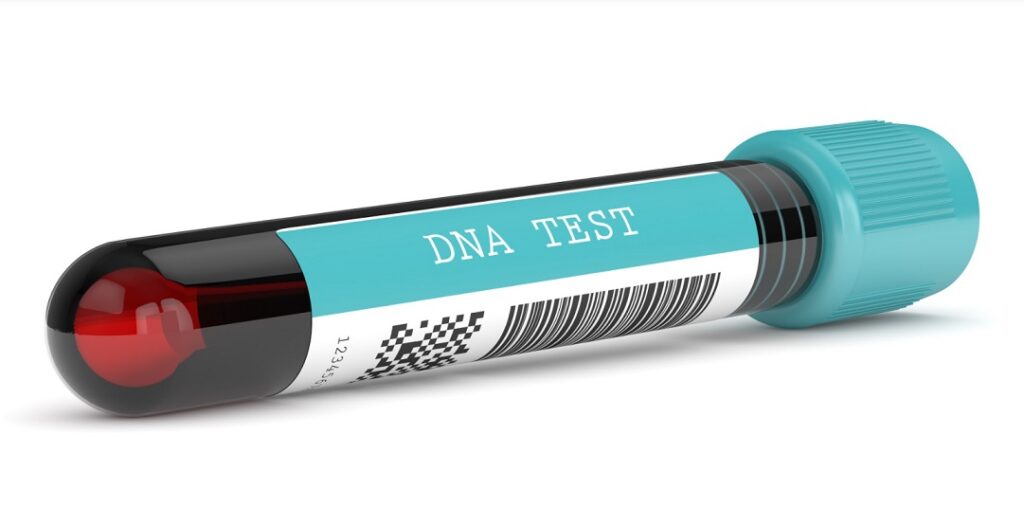Finding the proper medications that efficiently treat your medical conditions can be difficult. Because every person has a different body, what works for one person might not work for another. Investigating personalized treatments that consider your unique genetic makeup and health factors is crucial to maximizing your treatment results. This article will examine how to identify the meds that perform the best for you and how DNA health testing can be very helpful along the way.
Recognize the Importance of Personalized Medicine
The new medical specialty of personalized medicine considers the patient’s genetic makeup, lifestyle, and environmental effects when designing a treatment plan. Adopting this strategy will increase your chances of finding the best drugs.
Pharmacogenomics, which focuses on how genes influence a person’s response to pharmaceuticals, is a concept considered in personalized medicine. It acknowledges that a person’s body’s response to certain medications and how they are metabolized might be influenced by genetic variances. Healthcare professionals can discover possible drug-gene interactions by studying your genetic makeup, which allows them to make educated judgments about the choice and dosage of medications.
Consult a Healthcare Professional
Speaking with a healthcare professional is essential when selecting the ideal medications for your medical circumstances. They have the skills and information to evaluate your symptoms, medical background, and lifestyle choices. By evaluating your unique traits, they can point you toward the right medications and treatments.
Be sure to bring up any past drug interactions that went wrong, allergies, or underlying illnesses during your consultation. Your healthcare provider can use this information to make appropriate suggestions and reduce the possibility of negative effects.
Conduct DNA Testing
A DNA health test is an effective tool that can provide important information about your genetic profile. These tests examine your DNA for genetic differences that could affect how you respond to particular medications. By detecting these genetic markers, medical specialists can recommend personalized medications based on your unique genetic characteristics.

In order to prevent negative effects and improve treatment effectiveness, proper DNA health testing provides a deeper understanding of your body’s potential reactions to various medications. It can show you how your body metabolizes medicines, find genetic indicators of treatment effectiveness, and forecast possible negative reactions. With this information, medical experts can select and administer medications according to your genetic profile, maximizing therapy success.
Research Medication Options
It’s crucial to explore the various drug options available for your particular health issue and genetic considerations. To learn about the potential advantages and drawbacks of particular medications, seek reliable sources like medical publications and dependable websites, and speak with your healthcare provider.
Be mindful of how your genetic composition interacts with particular medications and whether any genetic variations could influence their efficacy or raise the possibility of negative side effects. By being aware of these potential interactions, you and your healthcare practitioner can choose the drugs that are most likely to be effective for you.
Start with Low Doses
It is frequently advised to begin a new drug with a lower dose. This strategy reduces the possibility of negative side effects while allowing your body to gradually adapt to the medicine. Starting with a low dose also allows you to gauge your body’s reaction and ascertain whether the medicine is truly helping you.
Based on your unique response, your healthcare provider will monitor your progress and can change the dosage as needed. Throughout this monitoring phase, adhering to their instructions and reporting any changes to your symptoms or side effects is crucial.
Be Patient and Persistent
Finding the proper drugs can take time and effort, so be patient and persistent. Finding the most effective course of treatment for your unique needs can take some time because not all medications function the same for everyone. Maintaining a good outlook is crucial as having faith in your doctor’s advice and taking charge of your health.
Continue having frank and open discussions with your doctor, addressing any worries or queries you have. You can work together to identify the most helpful medications using their knowledge and your active participation.
Conclusion
It takes a thorough understanding of your body’s reaction to therapy and individualized techniques to find the best treatments. You can learn much about your genetic composition and choose medications that are right for you by embracing personalized medicine and DNA health testing. Remember to get advice from medical experts, do extensive research, begin with moderate doses, keep track of your progress, and be honest with one another. By taking a proactive and patient-centered approach, you can optimize the results of your treatments and raise your general well-being.
